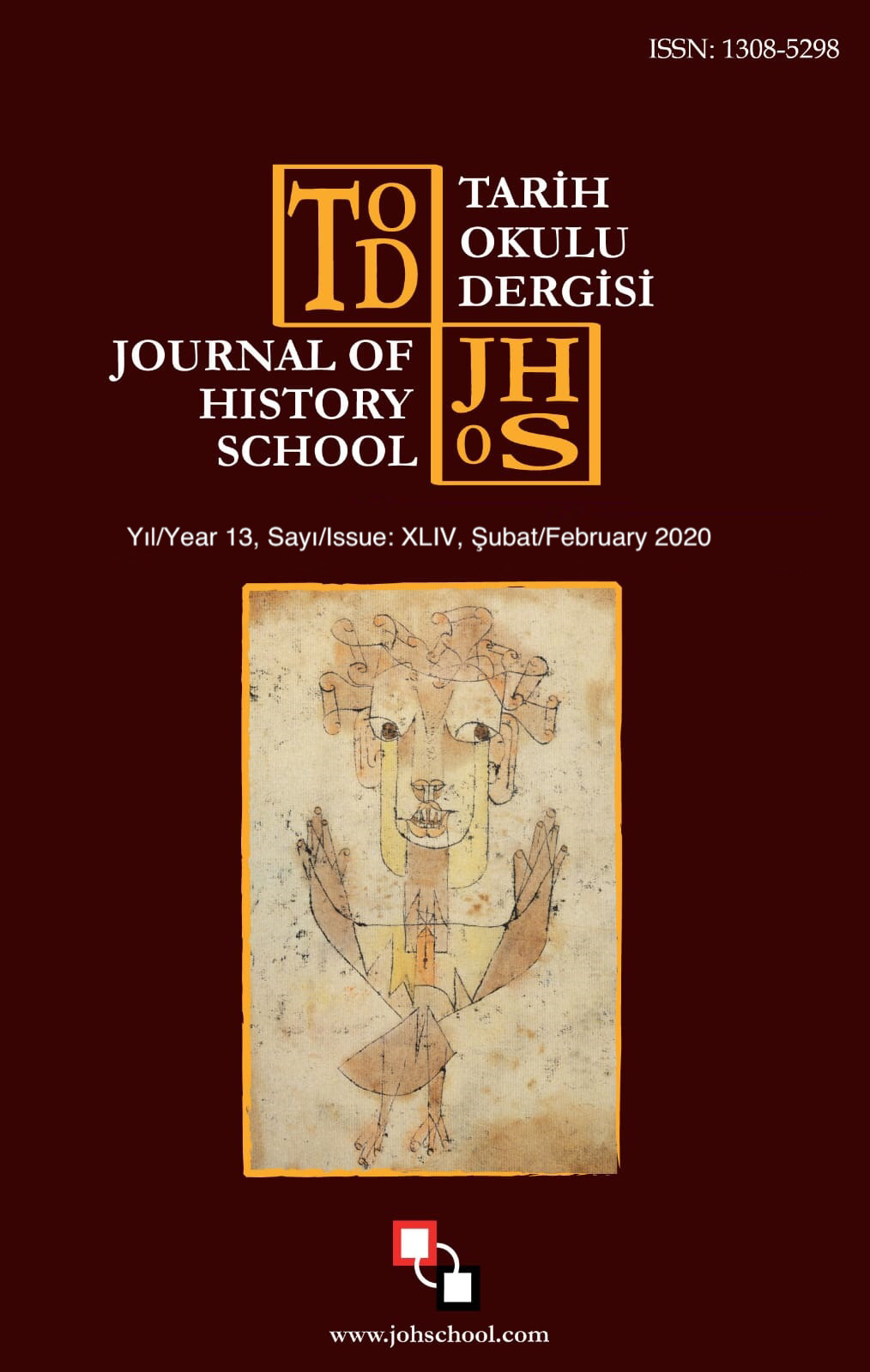Author :
Abstract
Avrupa’nın zihin dünyasını etkileyen tarihsel kırılma noktaları vardır. Bu kırılma noktaları bağlamında, aynı zamanda bu zihin dünyasını şekillendiren isimler/düşünürler de yer almaktadır. Şüphesiz Rönesans Avrupa’sının en dikkat çekici isimlerinden olan Machiavelli bu isimlerden/düşünürlerden birisidir. Machiavelli’nin yaşadığı 15. yüzyıl sonu ve 16. yüzyıl başlangıcında İtalya’daki politik buhranlar düşünürün düşünce dünyasını etkileyen gelişmeler arasında yer almıştır. Machiavelli, yaşamının ardında birçok eser bırakmasına karşın “Prens”, dünya kapsamında en çok bilinen, tartışılan ve iz bırakan eseridir demek yanlış olmayacaktır. Prens’te yer alan düşünceler birçok farklı perspektiften birçok farklı bağlamda tartışma yaratmıştır. Bu açıdan bu düşüncelere karşı geliştirilen argümanlar da söz konusu olmuştur. İşte bu çalışma da Machiavelli’nin “Prens” adlı eseri ile 18. yüzyıl Prusya’sında tarih sahnesine çıkmış olan Büyük Frederik tarafından kaleme alınan ve “Prens”e bir cevap niteliğinde olan “Anti-Makyavel” ya da “Machiavelli’yi Eleştirme/Çürütme Denemesi” adlı eseri karşılaştırma amacını taşımaktadır.
Keywords
Abstract
There are historical breaking points effecting Europe’s intellectual world. Within the context of these breaking points, there are also names/thinkers that have shaped this intellectual world. There is no doubt that Machiavelli, as one of the most remarkable names of Renaissance Europe, is one of these names/thinkers. The political crises at the end of the 15th and the beginning of 16th century in Italy have been among the developments affected the philosopher’s world of thought. Although Machiavelli left many works behind, it would not be wrong to state that the “The Prince” is his mostly known, discussed and persistent work worldwide. The thoughts in the “The Prince” have created discussions from different perspectives in many different contexts. In this respect, there were also arguments developed against these thoughts. The aim of this study is to compare the work the “The Prince” written by Machiavelli with “Anti-Machiavel” or “The Refutation of Machiavelli’s Prince” being as an answer to the “Prince” written by Frederick the Great who got on the stage of history in 18th century Prussia.





